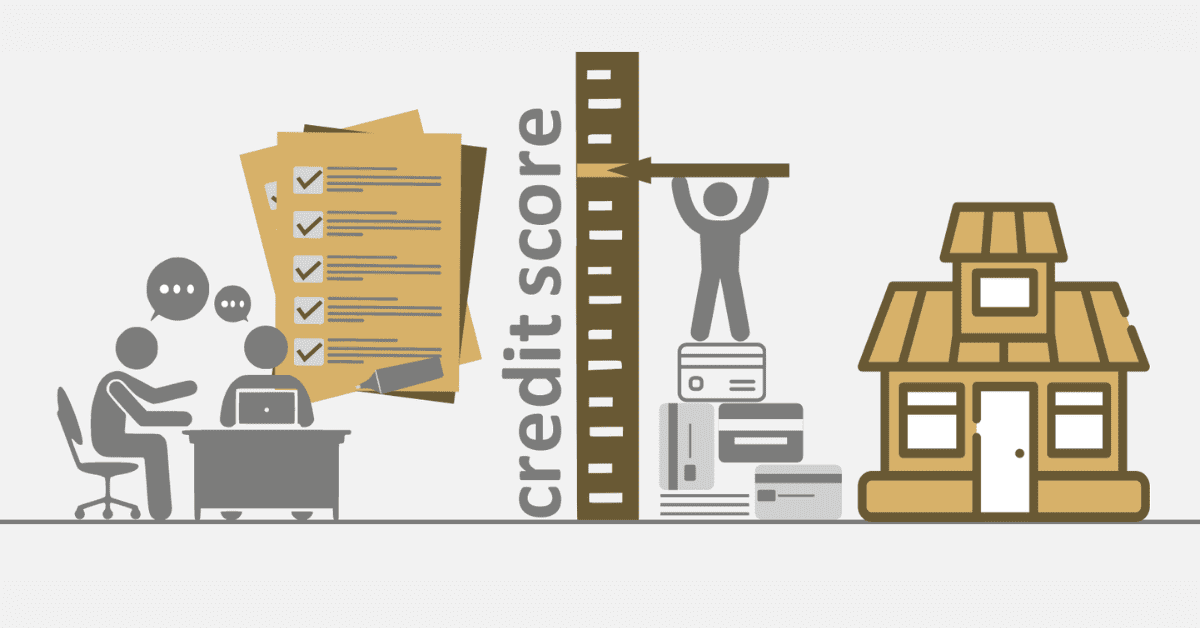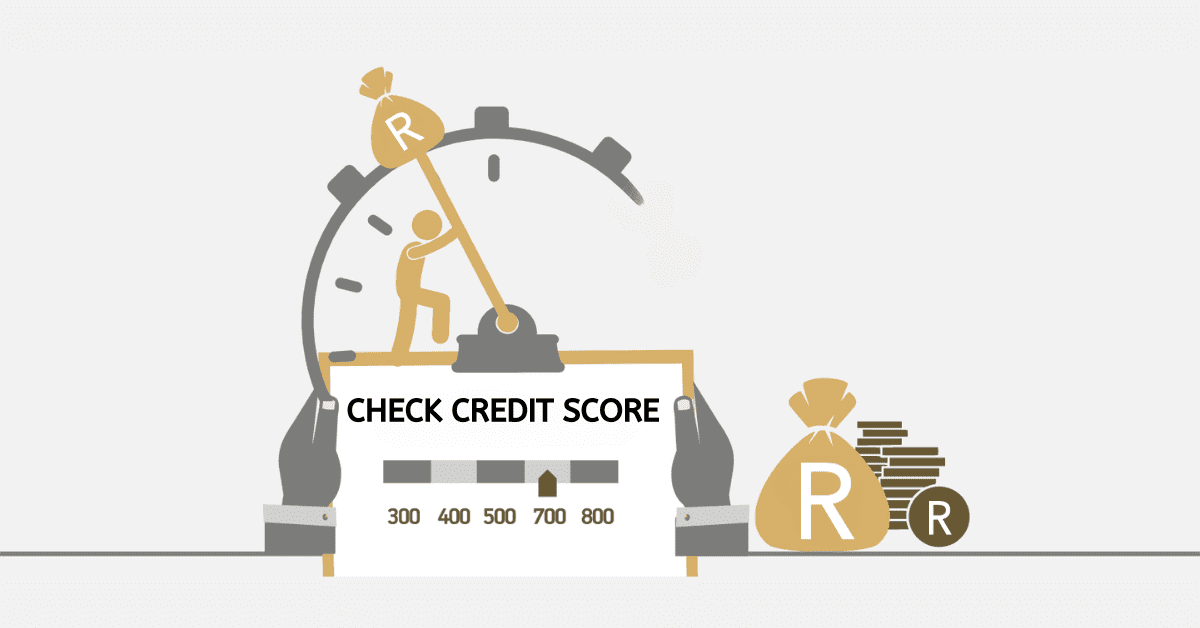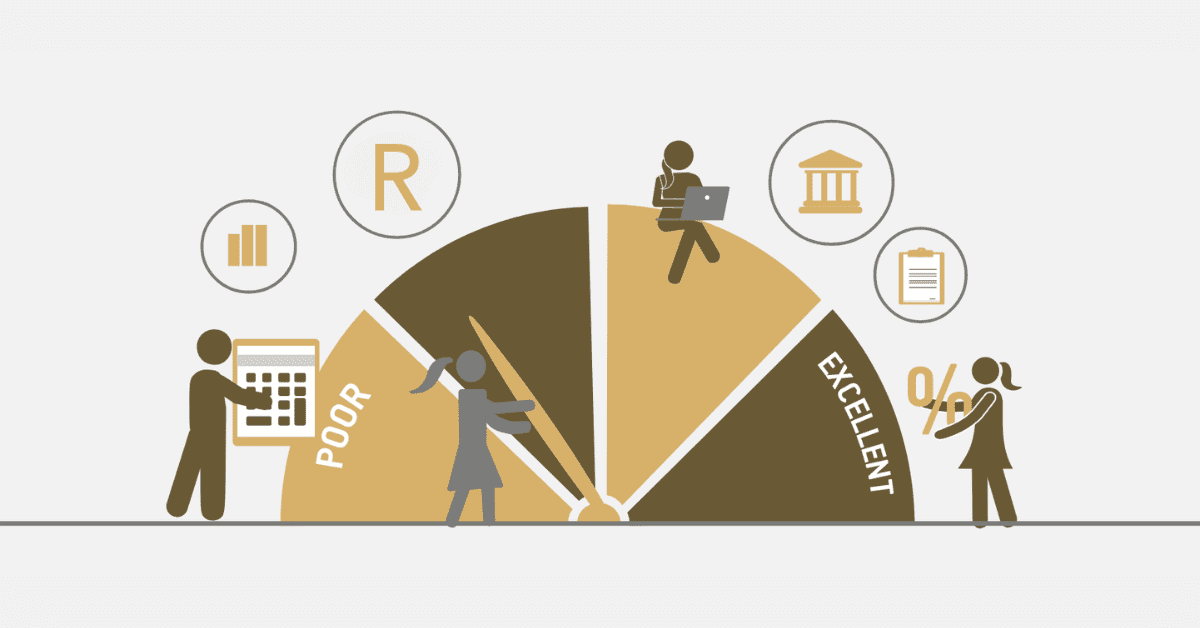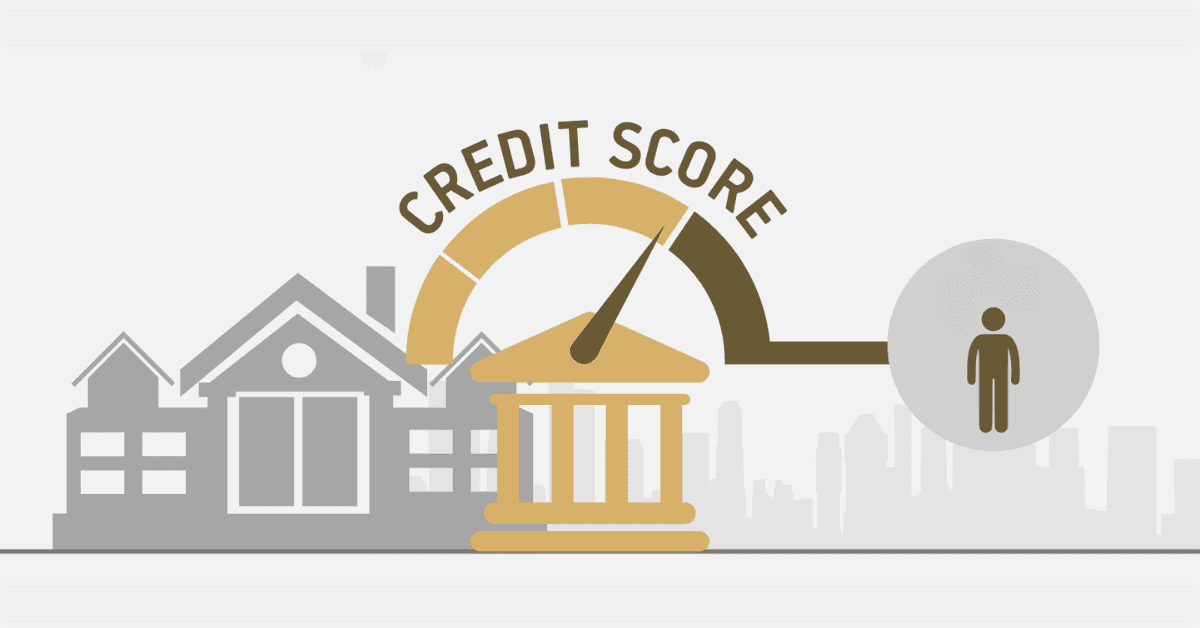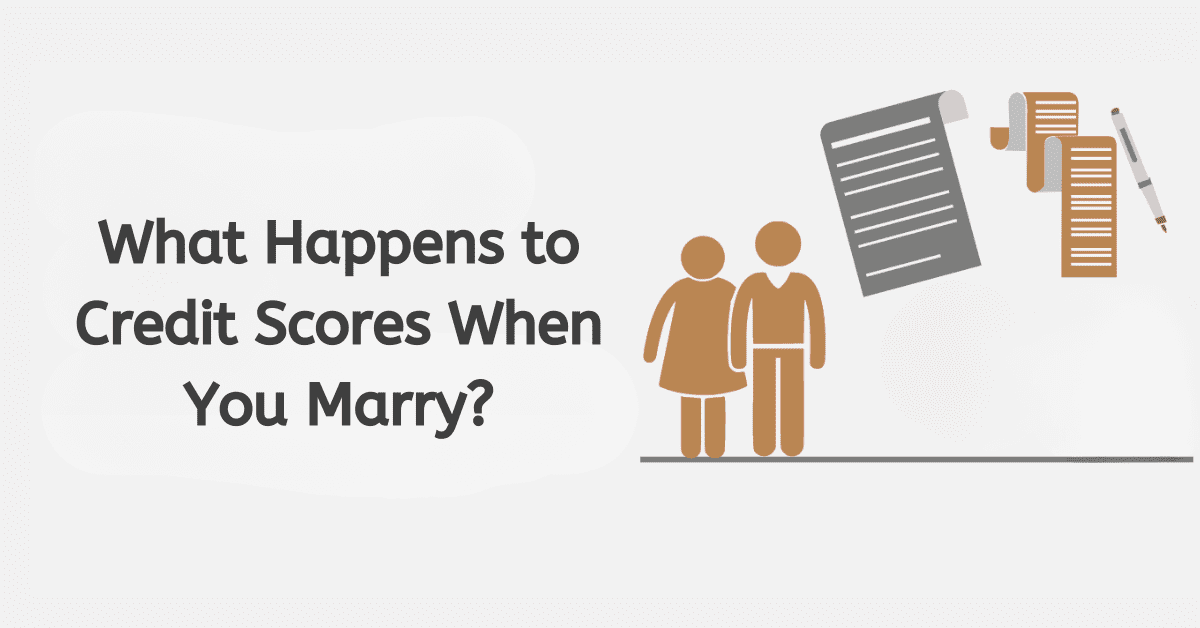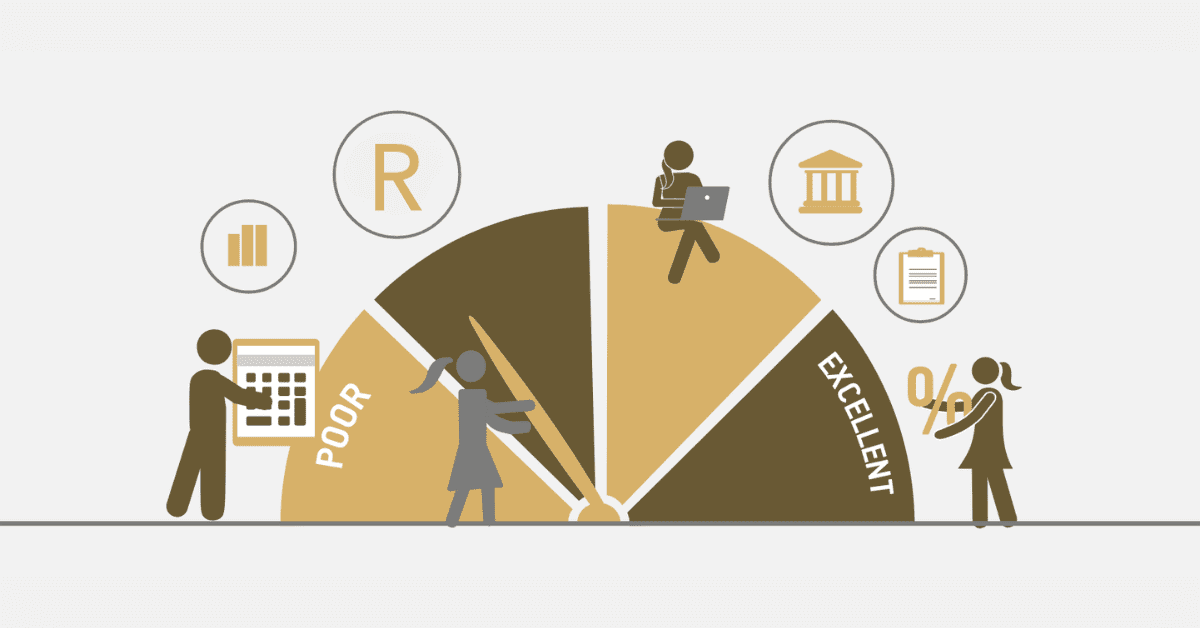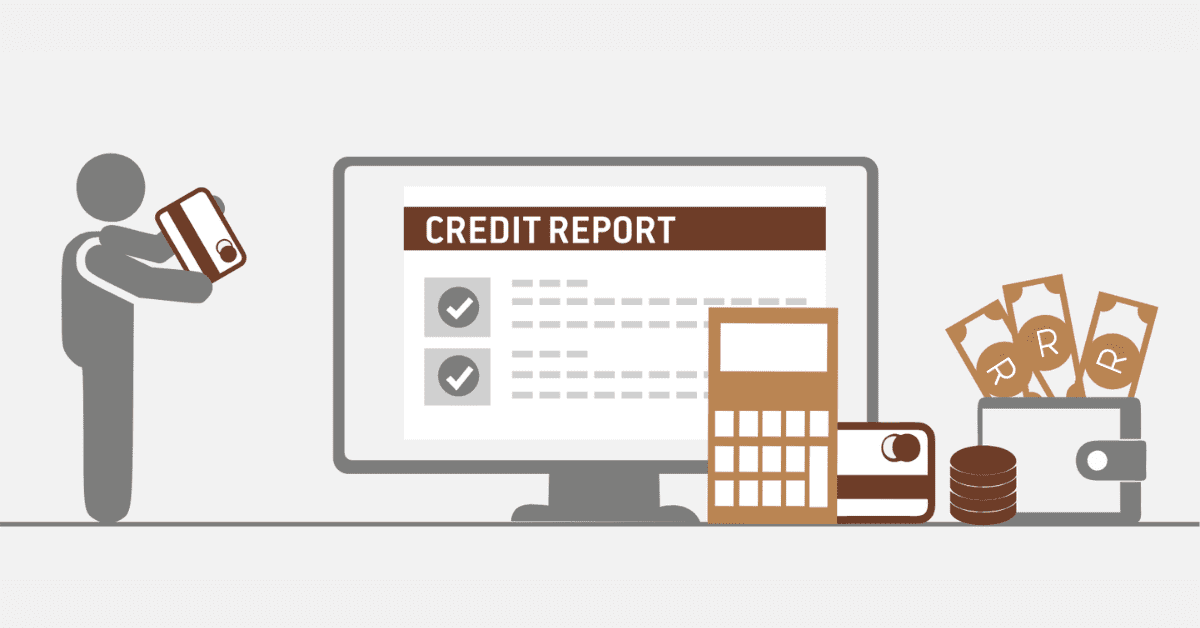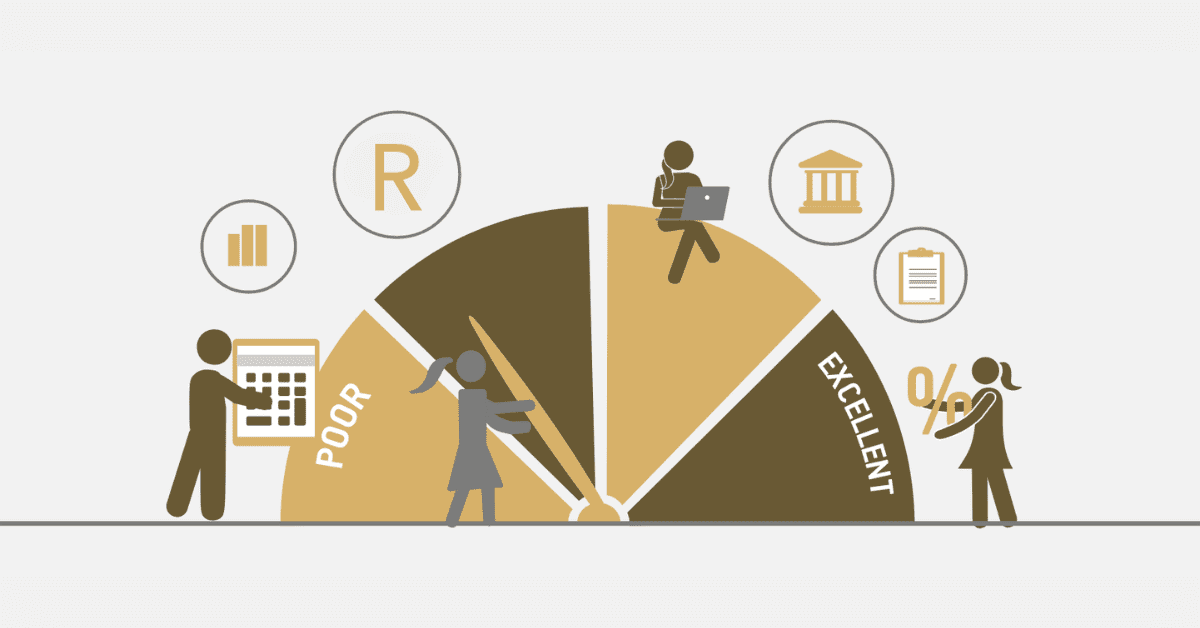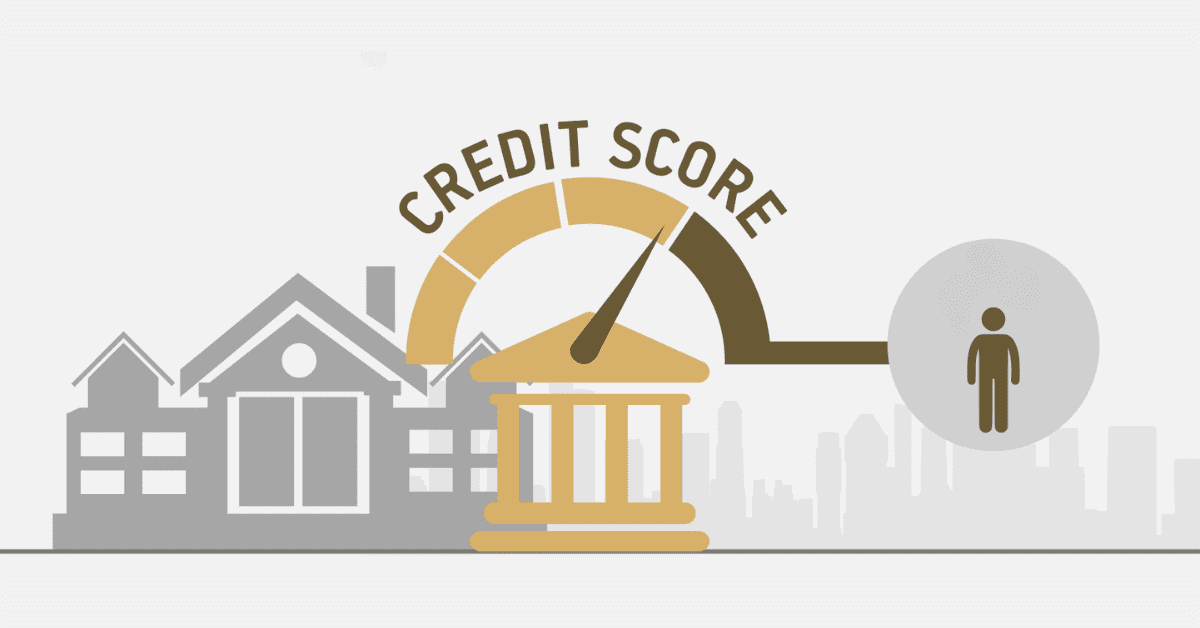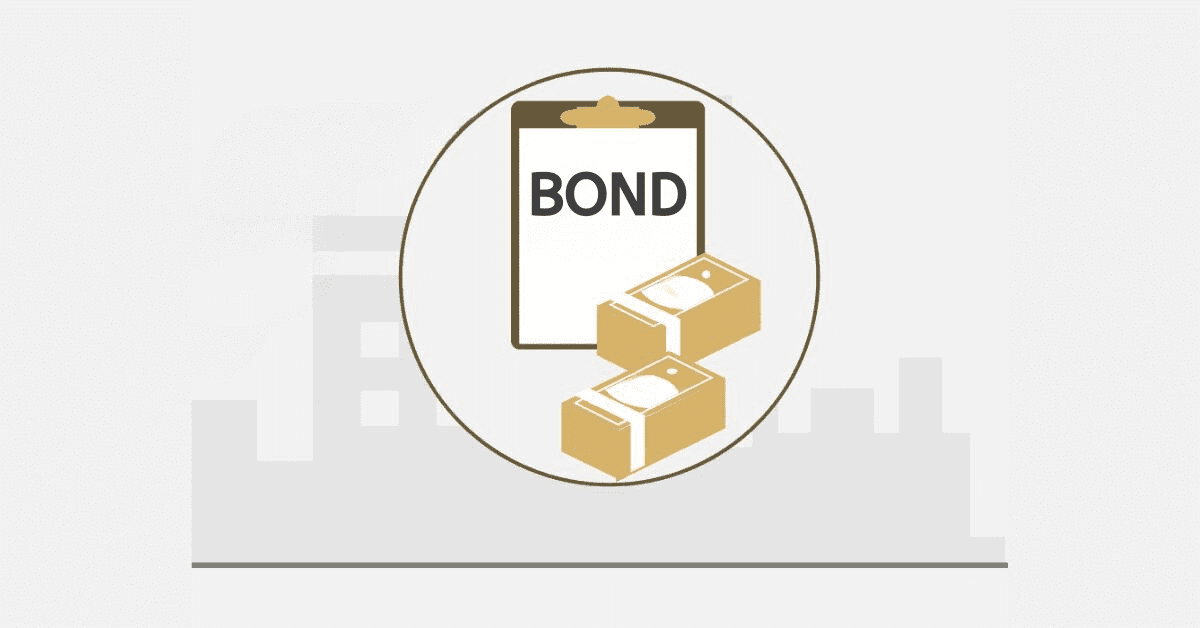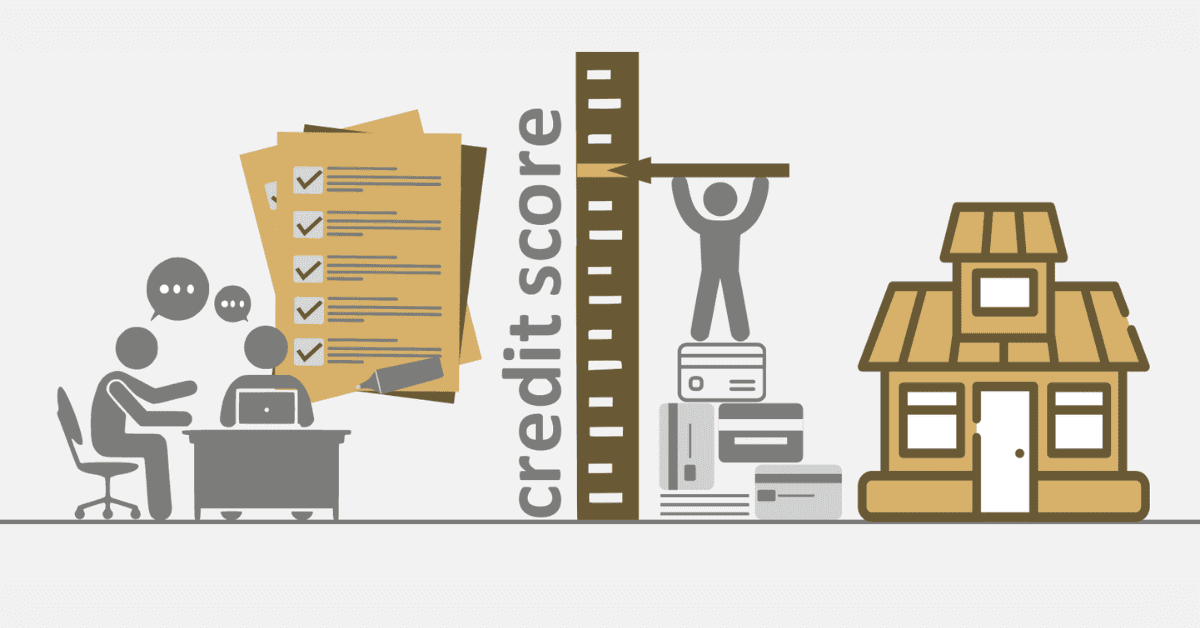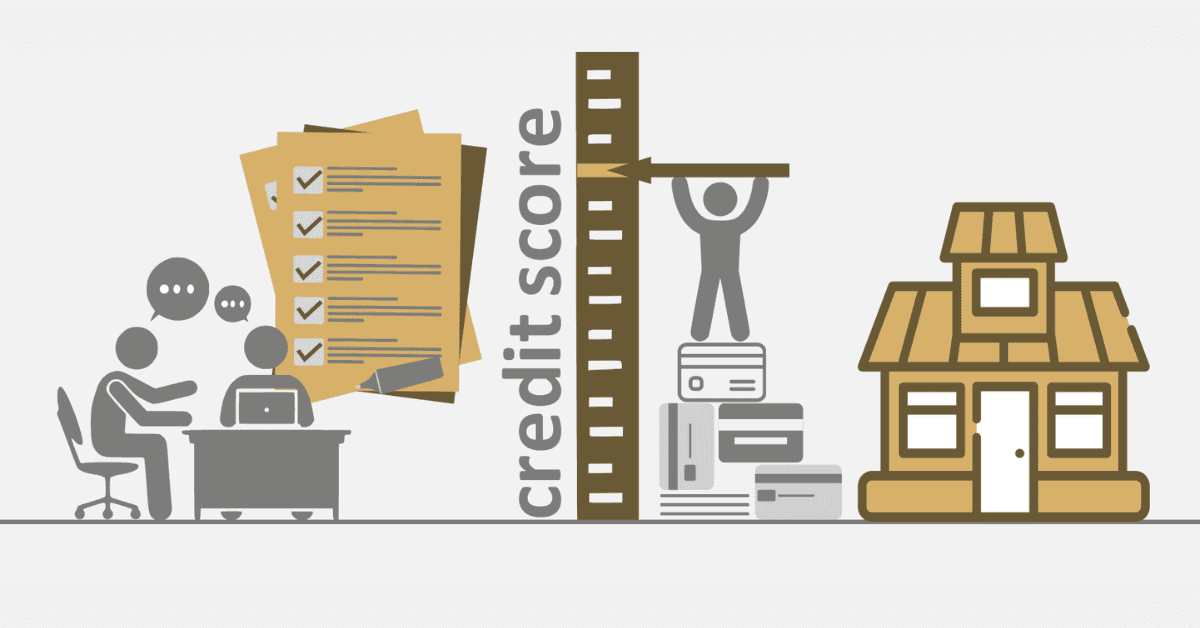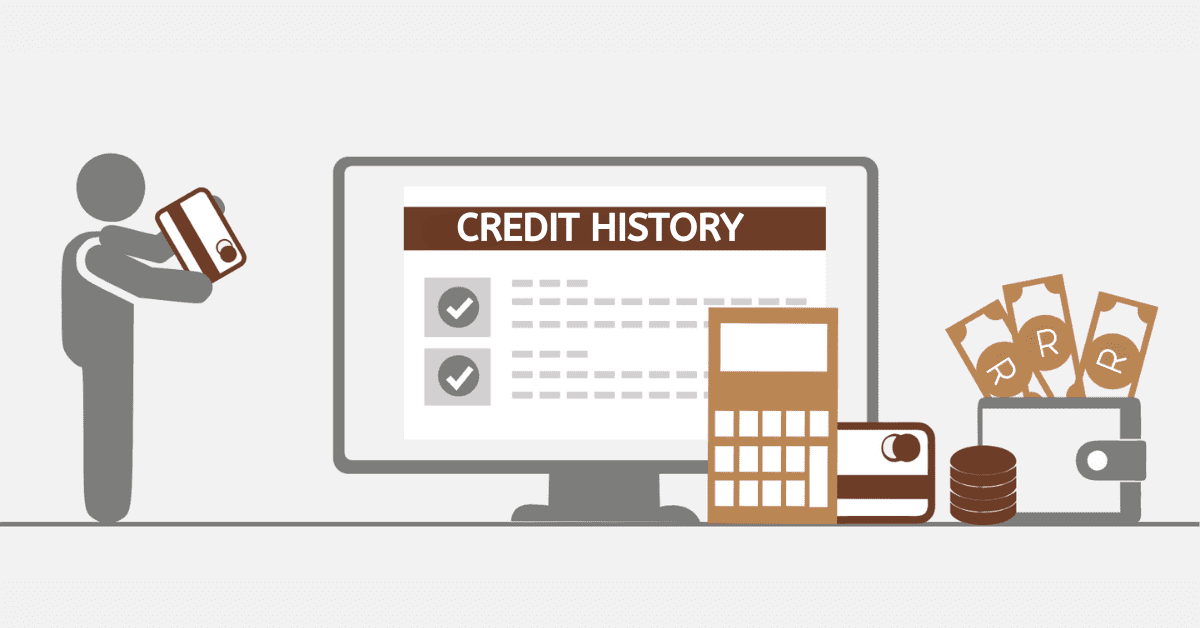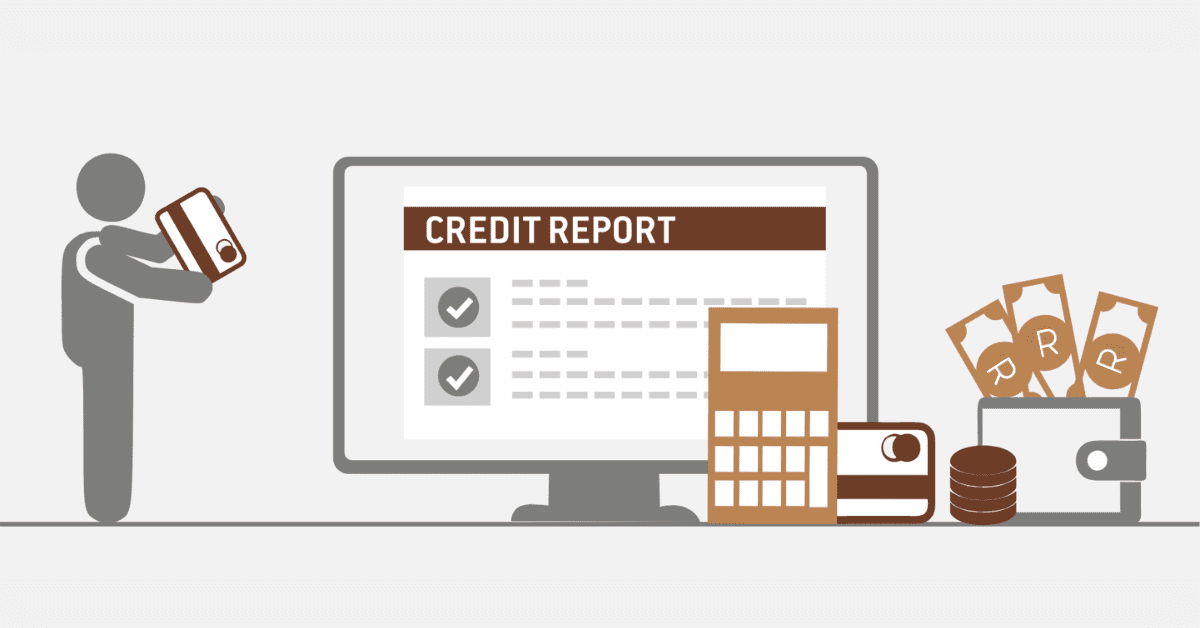In a perfect world, we’d all have perfect credit scores. The reality is very different, especially with the tough economic times and the aftereffects of the pandemic still echoing. South Africa has a notoriously high debt-to-income ratio, too. One of the highest in the world! Many of us have stretched our finances (and our credit) to the limit. Whether it is caused by living above our means and keeping up with the Khumalos, or through a desperate situation like job losses or medical expenses, sometimes that debt can build to overwhelming levels. Don’t lose hope! You can still take steps to rehabilitate your credit and get yourself to a better place financially.
What is Debt Counseling?
Luckily, the National Credit Act has provisions for debt relief. You don’t have to just suffer and drown. It’s time to take charge and start making a better future. A very common debt relief measure, and your first port of call, is debt counseling. It is a serious legal step that will have some impact on your creditworthiness. If you are in a debt crisis, however, it is a way to lighten the load and start fixing the problem.
If your debt load is higher than your income can support, you will be declared officially over-indebted. A registered debt counselor will help you consolidate your debt, create structured repayment plans, and get a court order to back it. They won’t make it go away completely, but they will help you better manage it. Debt counselors can negotiate with your lenders to reduce monthly installments and even lower your interest rates. It isn’t without repercussions, however, and is a step that will need careful consideration. It’s not a ‘get out of debt free’ card. When everything is settled, you will leave debt review, and be given a clearance certificate to prove it.
Will Debt Counseling Affect Your Credit Score?
There is a common misconception that debt counseling negatively affects your credit score. It doesn’t- in fact, it often helps it! However, you will be unable to apply for any new credit while still under debt counseling.
How does debt counseling help your credit score, however? Once you are in the debt counseling process, your creditors cannot continue to add negative information to your credit report. They also cannot take legal action against you- so you can’t get judgments listed on your report from them. This will let your credit score begin to recover. Once you exit debt counseling with a clean slate, you will be far better positioned to grow your credit score, too, with no permanent record of your debt counseling. This is unlike declaring bankruptcy, which will have a severe and lasting negative impact.
How to Enhance Your Credit Score After Debt Counseling
Once you exit debt counseling and receive your clearance certificate, you will be just the same as any other South African. If you continue to stay out of overwhelming debt and practice good credit habits, you can enhance your score the same way.
- Do not immediately get back into debt. Especially debt your income can’t support!
- Make all payments on time every month, and don’t miss any.
- Create a budget and stick to it to better manage your money.
- Keep your credit utilization under 50%
- Try to keep some diverse credit types in the mix, but don’t get tempted to use them poorly again.
With time, patience, and good credit habits, you can restore your creditworthiness over time. Make sure you learned the lessons from your debt counseling experience, however, or you could end up back in the same hole.
How Debt Counseling Affects Your Credit Score
Debt counseling will not affect your credit score negatively. Nor will it linger on your credit report once you exit debt counseling. Over the long term, it will actually have a positive impact on your credit score due to the factors we mentioned above. Namely, creditors cannot continue to load negative information about you or take legal action against you.
However, it won’t magically fix your credit score for you. Once you have dealt with the immediate debt crisis, you will need to stay on the right financial track and slowly rebuild your credit score over time. That means practicing ongoing smart credit use.
How to Cancel a Debt Review or Debt Counseling
You can enquire about debt counseling without being obliged to enter it. However, under Section 71 of the National Credit Act, you cannot exit it once you have formally entered debt review unless your accounts are all paid and you have your clearance certificate issued.
How Long Does Debt Review Stay on Your Credit Profile?
Debt review will have no lasting impact on your credit profile. While you are actively under debt review, you cannot take on new debt. Effectively, your credit report is ‘frozen’ for the duration. Once you pay down your debt and receive your clearance certificate, no one will be able to tell you were once in debt review.
Being over-indebted is scary. Luckily, the National Credit Act offers protections like debt counseling to help you get back on track. If this seems like a good solution for you, it is well worth enquiring about.
